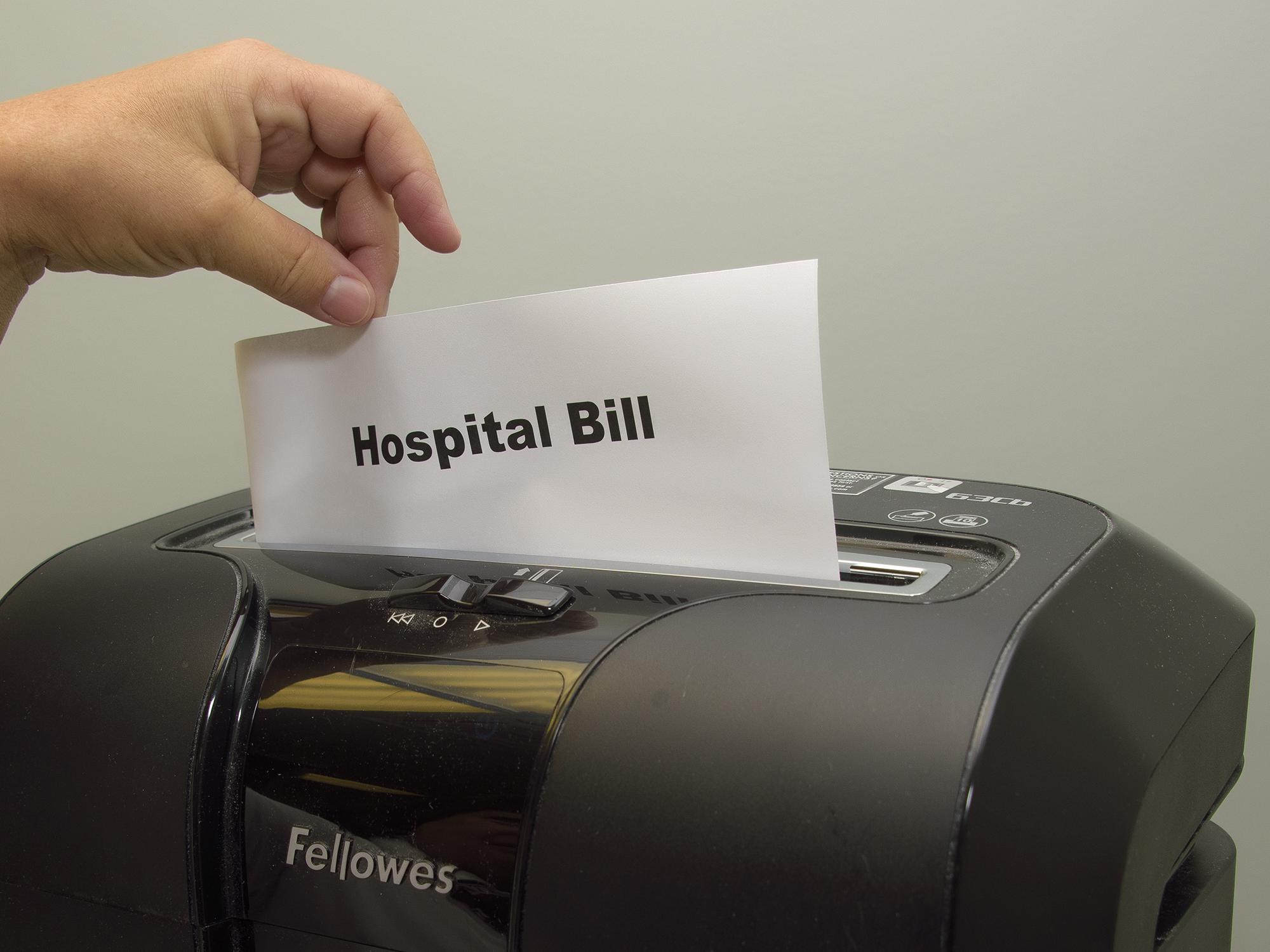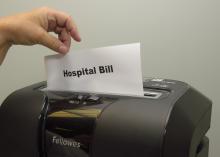Information Possibly Outdated
The information presented on this page was originally released on August 18, 2017. It may not be outdated, but please search our site for more current information. If you plan to quote or reference this information in a publication, please check with the Extension specialist or author before proceeding.
ID theft can disrupt access to health care
STARKVILLE, Miss. -- Much attention is focused on preventing identity theft to safeguard finances, but medical identity theft can be just as devastating.
Susan Cosgrove, family resource management area agent with the Mississippi State University Extension Service in Newton County, said medical identity theft occurs when a thief steals personal information to use to obtain medical care, buy prescription drugs or commit Medicare fraud in the victim's name.
"Medical identity theft has become more valuable to criminals than financial identity theft," Cosgrove said. "That means health insurance numbers should be guarded as carefully as are Social Security numbers."
A 2015 study by the Medical Identity Theft Alliance estimated annual medical fraud in the U.S. ranges from $80 billion to $230 billion. Almost 30 percent of the victims do not find out about the identity theft until a year later, and most find it difficult to resolve these issues.
Some people learn they are the victims of identity theft when unexpected bills begin to arrive.
“You may get a bill for medical services you didn’t receive or be contacted by a debt collector about medical debt you do not owe,” Cosgrove said. “This is another reason to regularly check your credit report to look for medical collection notices that you don’t recognize.”
Others learn about this identity theft when they spot discrepancies on their medical records or when they are unexpectedly turned away for routine care.
“Victims of medical identity theft may find erroneous listings of office visits or treatments on their explanation of benefits or be told they have reached their limit on benefits from their health plan,” Cosgrove said. “Others are denied insurance because their medical records show a condition they don’t have.”
Individuals can take steps to prevent their identities from being stolen and used for medical fraud.
“Be stingy with your information,” Cosgrove said. “Make sure a person has a legitimate need for your personal information before you give it to them. Also, make sure you store your information, including paperwork that contains personal identification, in a secure place.”
Learn to spot phishing attempts, whether via email or unsolicited telephone calls. Shred documents being discarded, and review both medical records and credit reports for accuracy.
David Buys, Extension health specialist, said medical identity theft disrupts a person’s life.
“It requires countless hours and days to get the details sorted out and your records secure again,” Buys said.
He said this theft could also disrupt a person’s ability to get needed health care, and that can cause problems even when getting regular checkups, which are important for health maintenance.
“Routine checkups, often called well visits or annual checkups, are critical because they provide opportunities for your health care provider to catch problems early, while there is a better chance for success with treatments,” Buys said. “Without those checkups, you might not know about a critical health problem until it is too late to reverse the effects of it.”
Medical identity theft is a crime and should be reported immediately when detected. Start by filing a police report. Receive additional help through the federal Department of Health and Human Services Office of the Inspector General and the Federal Trade Commission.
-30-
Released: Aug. 18, 2017
Contact: Susan Cosgrove, 601-635-7011
Cutline:
To prevent medical identity theft, store documents that contain personal information in a safe place, and shred them for disposal. (Photo by MSU Extension Service/Kevin Hudson)
Your Extension Experts
Related News
Pages
Related Publications
Pages
- « first
- ‹ previous
- 1
- 2
- 3




